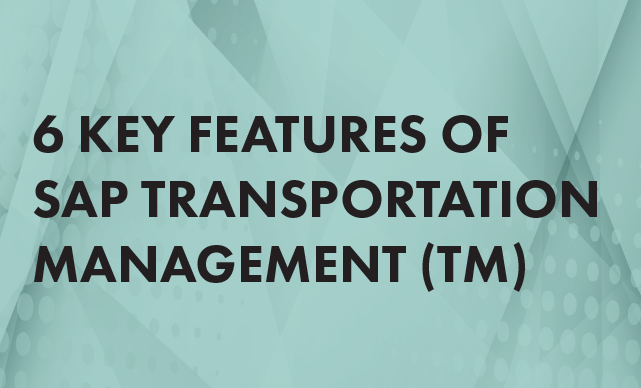
Meet the Authors
Key Takeaways
-
Companies can mitigate the impacts of tariff fluctuations by implementing well-structured agreements that specify cost allocations and supplier obligations.
-
Utilizing tools like Docusign Navigator helps businesses articulate price adjustment mechanisms in contracts, making it easier to access critical terms and avoid unexpected costs.
-
Force majeure clauses should be carefully defined in agreements to include tariff changes, ensuring businesses are protected from financial burdens related to government actions.
Companies are working to navigate an increasingly volatile financial landscape amid ongoing uncertainty around tariffs. With fluctuating changes and reversals, it is difficult to know how to best prepare for updated costs or supply chain fluctuations.
While businesses cannot do anything about macro uncertainties, they can pln for the future through stronger and well-structured agreements. Contracts can be designed to better mandate cost allocations, supplier obligations, and regulatory adherence to reduce some of the risk and uncertainty that businesses face.
Making the Optimal Agreements
With agreements becoming the top option for defraying the negative impacts of tariffs, many companies are turning to Docusign to help them articulate the price adjustment mechanisms in their contracts and other agreements.
Explore related questions
Docusign Navigator enables procurement teams to surface key contract data and terms, helping them make informed decisions in a complex marketplace. As part of the AI-powered Docusign IAM platform, Navigator is an intelligent repository, that makes it easier to access and understand the critical terms often buried deep within agreements, unlocking insights that can help companies avoid costly surprises in areas like tariffs
For example, companies that do not explicitly state how cost increases should be split between multiple parties risk taking on the entire amount. Docusign laid out some of the key steps that businesses should take to prepare for price adjustments:
- Identify language that defines price adjustments tariff increases as a trigger for price adjustments
- Spotlight clauses defining how price increases are calculated and set caps to limit increases
- Exercise provisions allowing buyers to renegotiate contracts if tariff-driven cost increases exceed a set threshold
- Require suppliers to provide documentation for price adjustments and to share the financial burden of cost increases
Force Majeure Clauses
Companies should also be sure to know whether or not tariff changes count as a force majeure, allowing them some relief from the effects. Generally, these clauses cover incidents like war or natural disasters. Yet some unforeseen government actions can also qualify.
Businesses must be aware of these specific force majeure clauses and understand if changes to tariffs will count against them. Vague language can end up being costly, as parties may end up disputing whether tariffs should be included in these clauses. To avoid these issues, businesses can:
- Look for language that specifies “government-imposed tariffs” or “regulatory changes” as triggers for force majeure
- Clarify whether suppliers are required to take alternative steps to meet their obligations, such as sourcing from alternative suppliers
- Review whether force majeure results in a temporary suspension or a full termination of the contract
Ensuring Compliance in Vendors
Additionally, the rise in tariffs and material costs up the value chain is putting increased pressure on suppliers — leading some to quietly underdeliver. It’s not enough for contracts to enforce tariff compliance alone; they must also protect against operational shortcuts. Buyers should embed accountability into every supplier agreement — with clear SLAs, strict delivery timelines, and financial penalties — so that when underperformance results in financial loss, suppliers bear the burden. To achieve this, Docusign says companies should:
- Mandate adherence to all regulations, tariffs, and operational SLAs in every contract.
- Require documentation for HS codes, import certifications, and adherence to on-time delivery metrics.
- Define clear financial penalties for SLA breaches and late deliveries, alongside termination rights for repeat failures.
- Use contract intelligence to track supplier performance against their commitments and proactively flag risks before they escalate.
What This Means for SAPinsiders
Ensure all parties take responsibility. The present tariff environment is unprecedented. This means that vendors and suppliers may fall into disputes with their buyers over which side should take on inflated costs. Spelling out responsibility specifically saves time and money when handling disputes.
Be specific and detailed. Organizations should take the time to ensure all relevant agreements have force majeure clauses that will not saddle them with extra costs in the event of tariff-related disruptions. Companies can also ensure that any future deals have these considerations embedded from the start.
Don’t wait for tariffs to strike. Do something. Companies that wait to see how tariffs affect them are already behind and risk taking on exorbitant extra costs. Leading businesses are insulating themselves from what may happen before it actually comes to pass, using tools like Docusign Navigator to ensure all agreements contain tariff protections.




